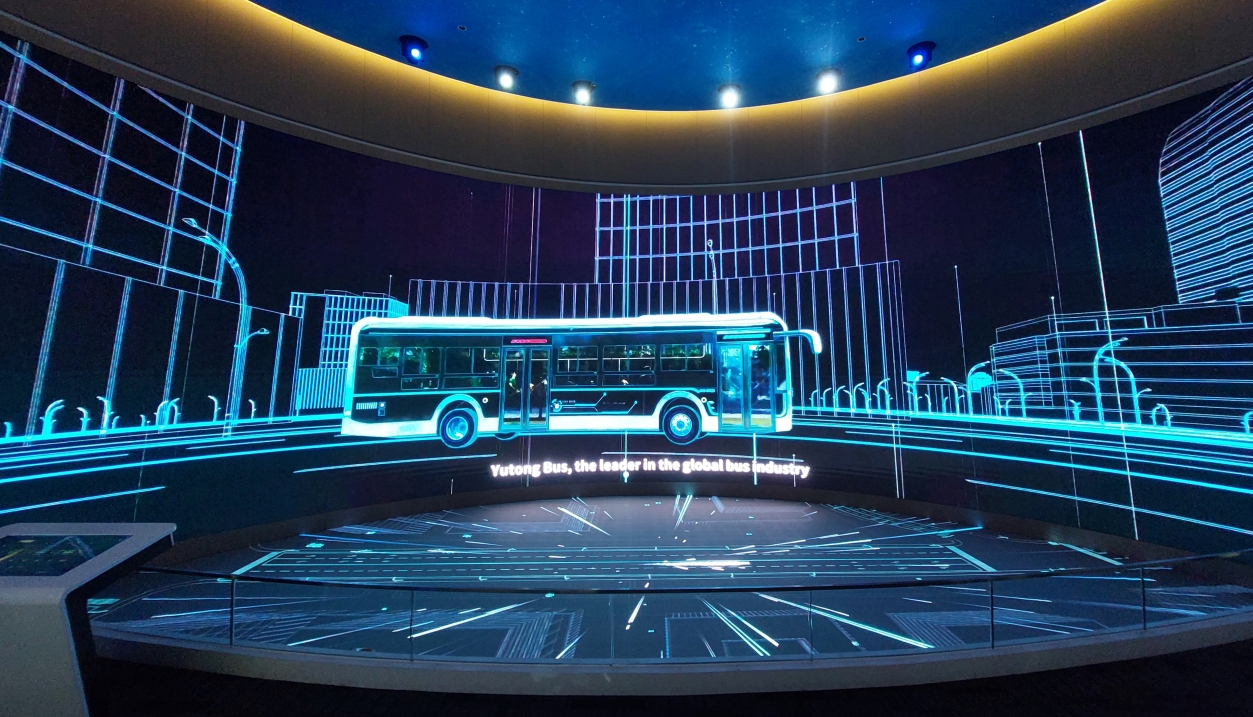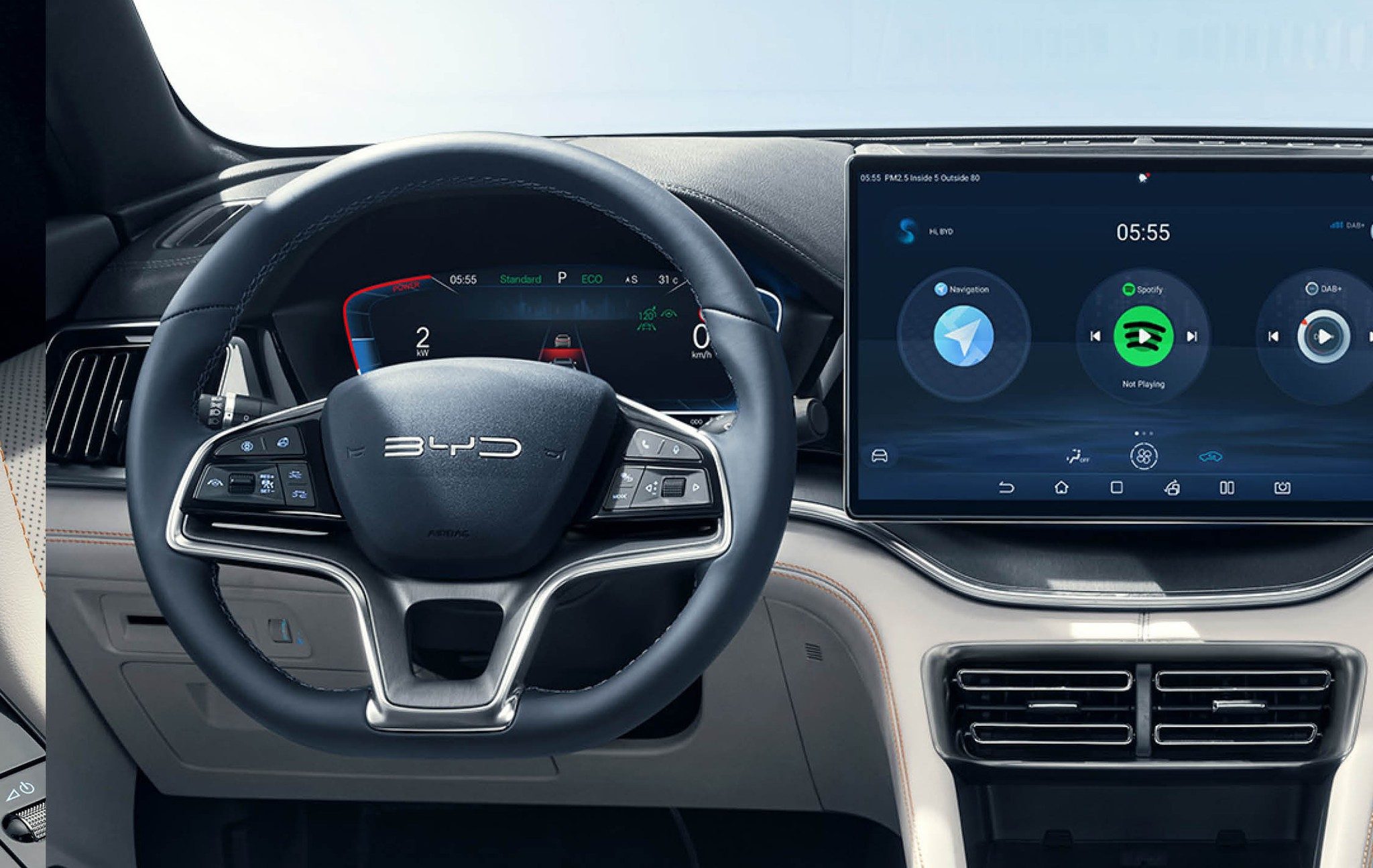
Márton Nagy underscored that the growth of the electric car and vehicle industry is not coincidental.Continue reading

The Minister for National Economy Márton Nagy has unveiled a comprehensive program to incentivize the purchase of EVs (electric vehicles), aiming to bolster Hungary’s position as a hub for the growing electric car industry, writes Index.
The initiative, announced at a recent press event, encompasses both new and used vehicles and underscores a strategic focus on battery recycling. Minister Nagy emphasized the program’s inclusivity, targeting not only companies but also households, in a bid to accelerate the adoption of EVs across all sectors of society.
Electric cars are the future of Europe,”
declared Minister Nagy, highlighting the pivotal role of innovative solutions and international cooperation in driving the transition towards sustainable transportation. The government’s commitment to fostering a competitive European car industry is evident in its efforts to enhance performance, accelerate EV penetration, and facilitate the green transition.
Despite global challenges such as protectionism and punitive tariffs, Márton Nagy remained steadfast in advocating for cooperation and the principles of the free market economy. He emphasized the need for collective action at the European level, urging swift adoption of a comprehensive action plan to propel the transition to electric vehicles.
The development of the electric car industry is no accident,”
he reiterated, affirming Hungary’s strategic vision for becoming a leading player in the electric mobility space. This vision is further bolstered by partnerships with innovative companies like NIO, whose cutting-edge technologies are poised to drive the evolution of the automotive sector.
Underpinning the government’s commitment to sustainable growth is a multifaceted approach that extends beyond economic considerations. Minister Nagy underscored the importance of closing the competitiveness gap and fostering collaboration between domestic and foreign companies, as well as between large corporations and small and medium-sized enterprises.
Via Index; Featured Image: Facebook / BYD Europe